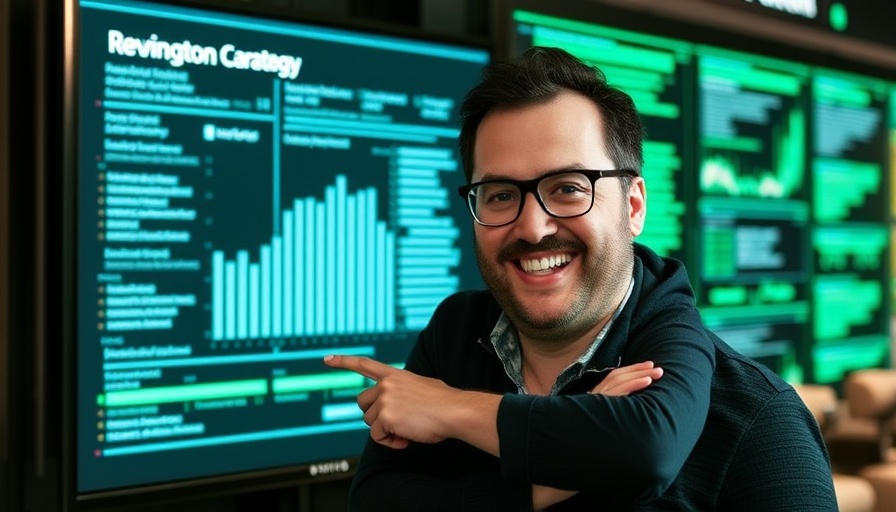
Adapting to Market Changes: The New Revenue Paradigm
In an era where the hospitality industry is continuously evolving, Adrian de Gortari, Executive Vice President of Revenue Management at Remington Hospitality, emphasizes the importance of blending human insight with technology. As labor shortages and shifting traveler expectations challenge traditional strategies, hoteliers must adapt or risk falling behind. De Gortari, with over 15 years of experience, advocates for a balanced approach, utilizing advanced technologies while empowering teams to make informed decisions.
Harnessing Machine Learning for Smarter Revenue Management
Machine learning and algorithmic tools are revolutionizing how hotels forecast revenue and adapt to market demands. These technologies allow for the analysis of large datasets, helping revenue managers anticipate changes in demand and adjust strategies accordingly. For instance, advanced algorithms optimize pricing based on real-time insights, such as local events and competitor activities. This reliance on data not only streamlines decision-making but can directly enhance profitability, a critical factor in today’s competitive landscape.
The Human Element in a Tech-Driven World
While automation plays a pivotal role in modern revenue management, de Gortari stresses that human expertise is irreplaceable. Training teams to read data within the larger market context ensures that technology serves as a tool for enhancement rather than replacement. He believes that a diverse team equipped with ongoing training can bridge the gap between automated insights and strategic human decision-making.
Future-Proofing Revenue Strategies
As markets continue to fluctuate, the flexibility to adapt is vital. De Gortari's approach emphasizes not only the use of data but also the importance of preparing teams for rapid changes. Ensuring insights derived from machine learning are actionable enables hoteliers to pivot their strategies swiftly, which is essential in maintaining occupancy and optimizing revenue in turbulent times.
Conclusion: A Call for Collaboration and Continuous Learning
For restaurant owners and managers looking to refine their revenue strategies, adopting a blended approach of technology and human insight can prove beneficial. As echoed by de Gortari, collaboration and training within teams are not just advantageous but necessary to navigate the complexities of today’s hospitality landscape. Embracing these principles can lead to smarter decision-making and a competitive edge in an ever-changing market.
 Add Row
Add Row  Add
Add 

 Add Row
Add Row  Add Element
Add Element 




Write A Comment